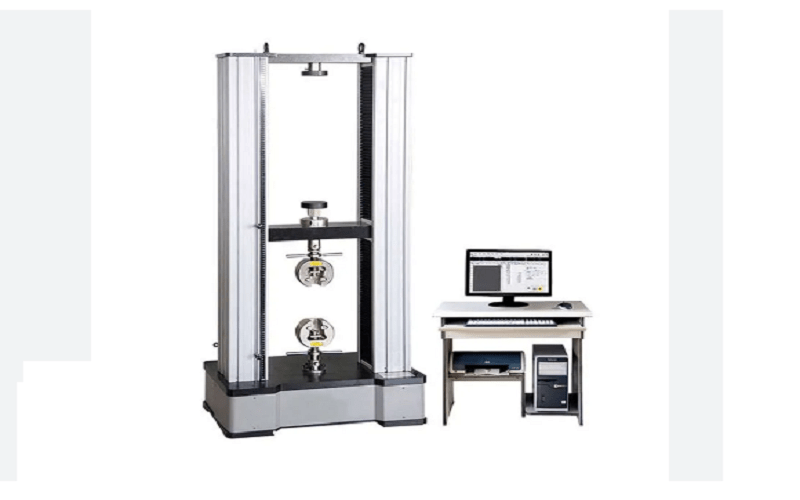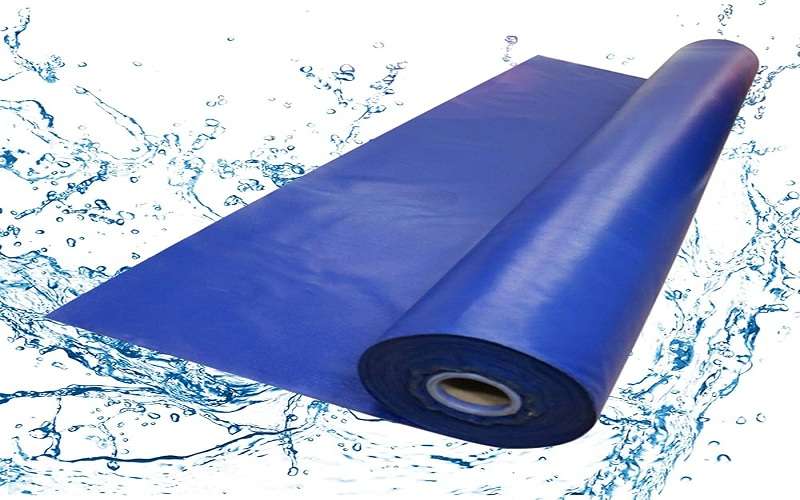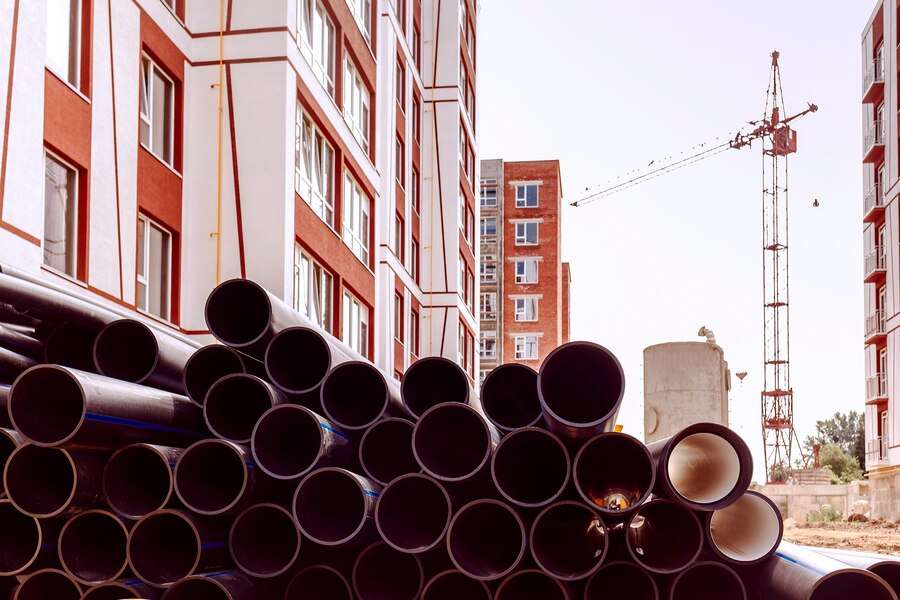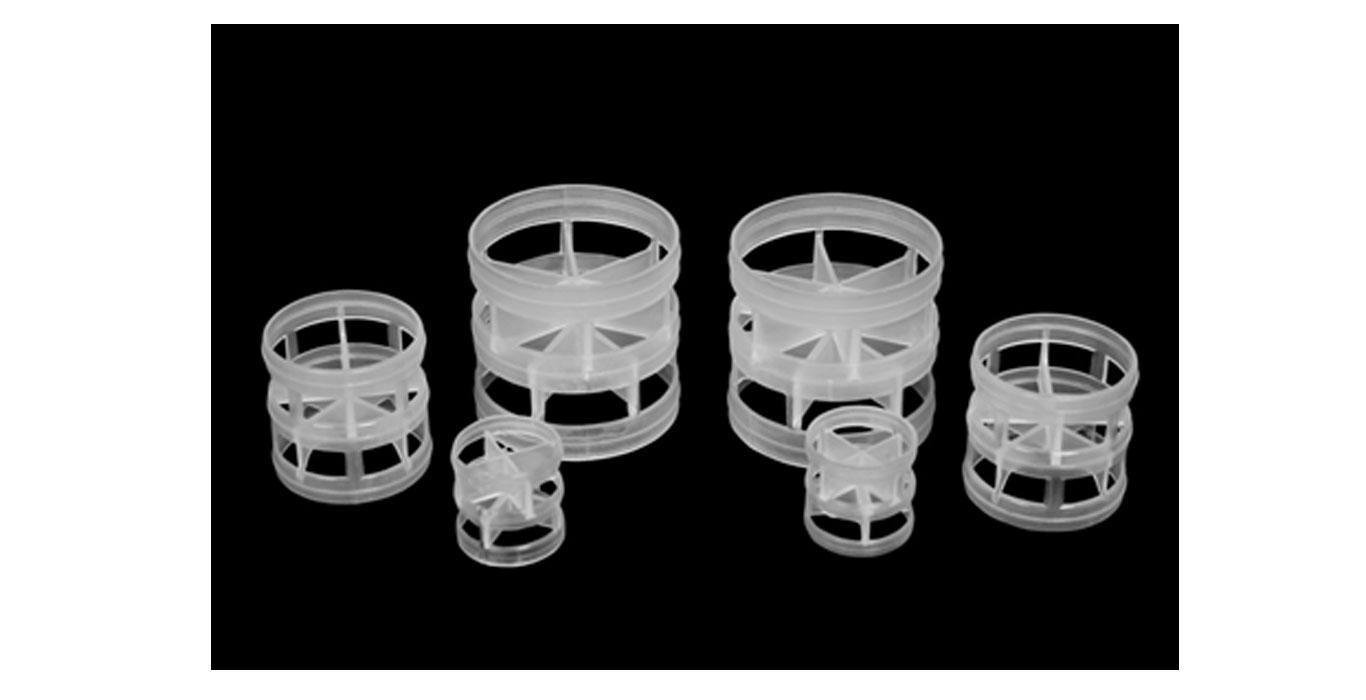In the medical & healthcare sector, precision and innovation play a crucial role in saving lives and enhancing patient comfort. One critical aspect of medical care is the production of high-quality medical needles. These tiny, life-saving devices are at the forefront of healthcare, facilitating blood tests, vaccinations, and countless medical procedures. Behind the scenes, a remarkable piece of technology—the needle making machine—has been quietly revolutionizing the way these indispensable tools are manufactured.
In this blog, we will delve into the world of medical needle making machines, exploring their importance, the technology behind them, and their impact on the healthcare industry.
Needle Making Machine: The Significance of Medical Needles
Medical needles are ubiquitous in healthcare settings. They are used for drawing blood, administering medications, delivering anesthesia, and performing various diagnostic and therapeutic procedures. The significance of these slender, sharp tools cannot be overstated. Any compromise in their quality can lead to complications, infections, and discomfort for patients.
Traditionally, medical needles were manufactured manually, a labor-intensive and error-prone process. However, the advent of medical needle making machines have transformed the production landscape.
The Technology Behind Medical Needle Making Machines
Automated Needle Production: Medical needle making machines automate the entire manufacturing process, from raw materials to finished products. These machines are equipped with precision tools and controls, ensuring consistent quality and reducing the risk of human error.
Material Selection: High-quality stainless steel is the preferred material for medical needles due to its corrosion resistance and biocompatibility. Needle making machines are designed to work with these materials, ensuring the final product meets rigorous industry standards.
Tapering and Sharpening: Creating the sharp tip of a needle is a critical step. These machines can precisely taper and sharpen the needle, ensuring it is both sharp enough for easy insertion and strong enough to avoid breaking.
Cannula Formation: The hollow part of the needle, called the cannula, is meticulously formed. Machines use various techniques, including extrusion and grinding, to shape the cannula while maintaining its integrity.
Inspection and Quality Control: Medical needle making machines are equipped with advanced inspection systems, including optical and laser systems, to detect any defects or irregularities. This level of quality control is challenging to achieve manually.
Impact of Healthcare: Here’s Why Needle Making Machines are Used!
Efficiency: Needle making machines are highly automated and can produce needles at a much faster rate than manual methods. This increased efficiency is essential for meeting the high demand for needles in various industries.
Precision: These machines can create needles with consistent dimensions and sharp points. Precision is crucial to ensure that needles perform their intended functions effectively, such as sewing fabric or suturing wounds.
Quality Control: Needle making machines can be equipped with quality control mechanisms to inspect each needle for defects. This helps maintain high product quality by identifying and rejecting needles that don’t meet the specified standards.
Customization: While mass production is a primary use of needle making machines, they can also be configured to produce needles with specific characteristics, such as different lengths, gauges, or coatings, to meet the different demands of industries.
Cost-Effectiveness: By automating the needle production process, these machines reduce labor costs and minimize material waste, making needle production more cost-effective in the long run.
Consistency: Uniformity in needle production is essential to ensure that they perform reliably and consistently. Needle making machines can achieve this level of consistency, which is especially important in medical applications where precision is critical.
Key Components and Features of Needle Making Machines!
Needle making machines are intricate pieces of equipment designed to produce high-quality needles used in the medical industry. These machines consist of several key components and mechanisms that work together to manufacture needles with precision and consistency.
Wire Feeding Mechanism:
- The process begins with a spool of wire, usually made of stainless steel or other suitable materials.
- The wire feeding mechanism is responsible for precisely feeding the wire into the machine at a controlled rate.
Straightening and Cutting Unit:
- The wire is often supplied in coils and needs to be straightened before further processing.
- This unit straightens the wire and cuts it into the desired length for the needles.
Grinding and Shaping Stations:
- The heart of the needle making process lies in these stations. They shape and sharpen the needle.
- Grinding wheels and shaping tools are used to achieve the specific dimensions and point geometry required for the needle type being produced.
Annealing Furnace:
- After shaping, the needles may undergo heat treatment in an annealing furnace.
- Annealing involves heating the needles to a specific temperature and then gradually cooling them to relieve internal stresses and improve their mechanical properties.
Polishing and Coating:
- To enhance the needle’s surface finish and reduce friction during use, polishing and coating stations are employed.
- These stations may use abrasive materials and coatings like nickel or silicone to achieve the desired surface properties.
Quality Control and Inspection:
- Throughout the manufacturing process, quality control stations are integrated to inspect the needles for defects, dimension accuracy, and other critical attributes.
- Automated vision systems and manual inspections are used by leading Needle Making Machine Manufacturers in India to ensure quality standards are met.
Packaging and Sorting:
- Once the needles pass quality control, they are sorted and packaged according to their type and size.
- Automated packaging systems ensure that the needles are efficiently grouped and prepared for distribution.
Conclusion
Needle-making machines have not only improved the quality and safety of medical needles but have also made them more accessible and cost-effective. As technology continues to advance, we can expect even greater innovations in this field, further enhancing patient care and medical procedures.
Allied Way (India) is a trusted brand of Needle Making Machines, offering these products in different specifications to meet customer demands. As one of the best Needle Making Machine Suppliers in India, we only use high-quality raw materials and components to ensure quality. If you are planning to buy these needle-making machines, contact us now.









